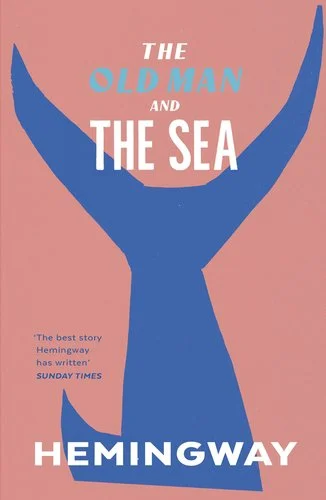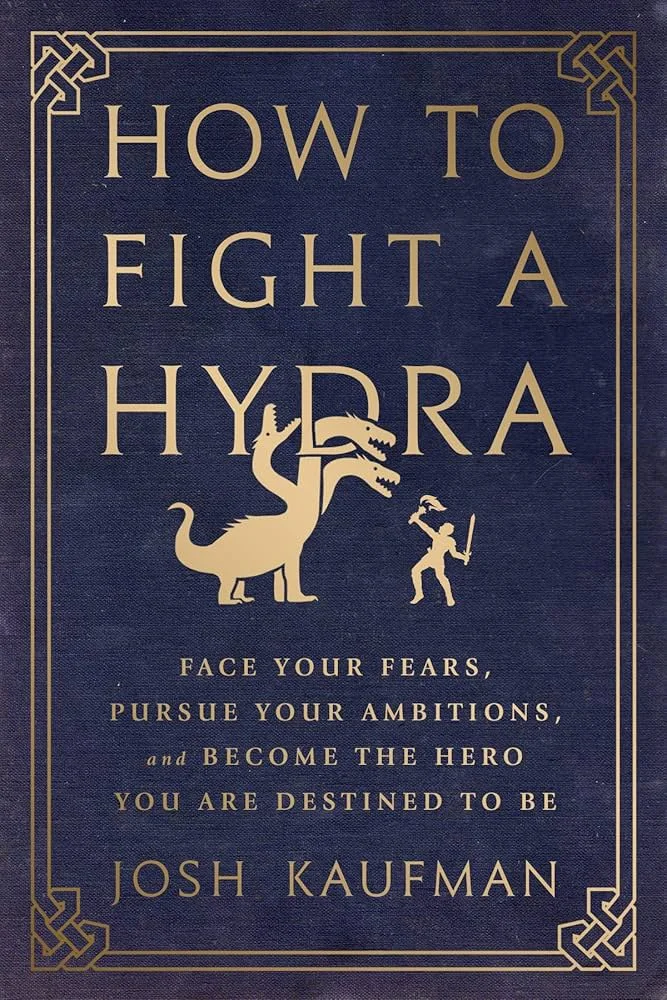FBC #001: 5 Books That Influence My Running
Books and miles share the same rhythm. Both are long journeys carried one step, one page at a time.
Last week I wrote about why reading matters to runners, how words can train the mind as much as running trains the body.
This week, as promised, I will reach for my bookshelves and share five books that have shaped me as a runner. Some are about running, most are not. But each has taught me something about how to endure, how to keep perspective, and how to keep moving when the road feels endless.
There are, of course, more than these five. But these are the standouts - the ones I return to, and the ones I hope to revisit in future posts with more depth.
I guess we can consider this the first meeting of the Fathom Book Club... You're all very welcome.
1. What I Talk About When I Talk About Running
– Haruki Murakami
If there’s one book that I think every runner should read, it’s this one, and not just because it’s by one of my favourite authors. Murakami writes about marathons and triathlons with the same quiet honesty he brings to his novels. There’s no attempt to glamorise running here. He writes about the loneliness, the repetition, even the boredom. And that’s what makes it powerful.
The biggest lesson for me was that running is not about chasing spectacular goals. It’s about showing up, day after day, and allowing the act itself to shape you. I first read this book during the training block for my first ultramarathon, when I felt stuck in the grind, and it reminded me that the grind is the point.
Takeaway: Running isn’t about medals, it’s about shaping a life that makes space for the miles.
2. Meditations
– Marcus Aurelius
I bet you didn’t expect an emperor from 2,000 years ago to have anything useful to say about running. But Meditations has become one of the most practical books I own. Stoicism, at its heart, is about focusing on what you can control and letting go of what you can’t.
On long runs, that philosophy comes alive. The weather turns bad? You can’t stop the rain, but you can choose how to face it. The legs feel heavy at mile 20? You can’t magic away fatigue, but you can control your response to it. Aurelius’s reminders, that hardship is natural, that discomfort is temporary, that our response defines us, are as relevant on the trail as they are in life.
I’ve carried some of his words with me into ultras, almost like a mantra. They give me perspective when doubt starts to whisper.
Takeaway: You can’t control the conditions or the course, but you can always control how you run them.
3. The Old Man and the Sea
– Ernest Hemingway
At first glance, Hemingway’s novella has nothing to do with running. But when I read it, I felt like I was reading a metaphor for endurance sport. The Old Man’s relentless battle with the marlin is lonely, stubborn, and filled with quiet suffering, exactly what it feels like deep into an ultra when the crowd is gone and the only thing keeping you moving is your refusal to stop.
What struck me most wasn’t the grind itself, but the defiance. The Old Man doesn’t fight because he expects victory; he fights because that is who he is. For runners, that’s a reminder that success is not always about crossing the line first, or even crossing it in good shape. Sometimes the victory is in the refusal to surrender, in continuing when every reason to quit is in front of you.
Takeaway: Victory doesn’t always mean winning, sometimes it means carrying on when there’s no good reason to.
4. How to Fight a Hydra
– Josh Kaufman
This little book is written as a fable, but I’ve found it surprisingly practical over the years. The hydra is a metaphor for any daunting challenge, a task so big it feels impossible to even start. For me, that’s exactly what a 100km or 100-mile race feels like. When you look at the whole distance, it’s overwhelming.
Kaufman’s lesson is simple but powerful: you don’t defeat a hydra all at once. You fight it one head at a time. That shift in perspective has helped me on countless long runs and races. Instead of thinking about the full distance, I focus on the next aid station, the next climb, or even just the next mile. The race becomes manageable when broken down into pieces.
Takeaway: Every seemingly impossible task is just a hydra. Fight it one head at a time.
5. Above the Clouds
– Kilian Jornet
Kilian Jornet is one of the greatest mountain athletes in the world - in my humble opinion, the very best. This book, however, is not a catalogue of his achievements. It’s far more reflective: part memoir, part philosophy, part meditation on what it means to devote yourself to something that sits on the edge of obsession.
What struck me was how he writes about solitude, fear, and purpose. He doesn’t present himself as a superhero; instead, he admits his doubts and his failures, and that makes his perspective even more valuable. Reading it made me reflect on my own relationship with running - why I push myself, why I climb mountains, and why I keep coming back even when it hurts.
Takeaway: Running isn’t about conquering the mountain, it’s about being shaped by it.
These five books have each given me something to carry into my running:
Murakami’s discipline, Aurelius’s perspective, Hemingway’s defiance, Kaufman’s strategy, and Jornet’s sense of purpose.
Together, they remind me that books and miles are not separate. They echo one another, and each makes the other stronger. Both journeys ask the same thing of us: patience, persistence, and the courage to keep turning the page, or taking the next step.
If you’ve read something that shaped your running, I’d love to hear about it. And if you haven’t yet thought of reading as part of your training, maybe one of these books will be a good place to begin.








